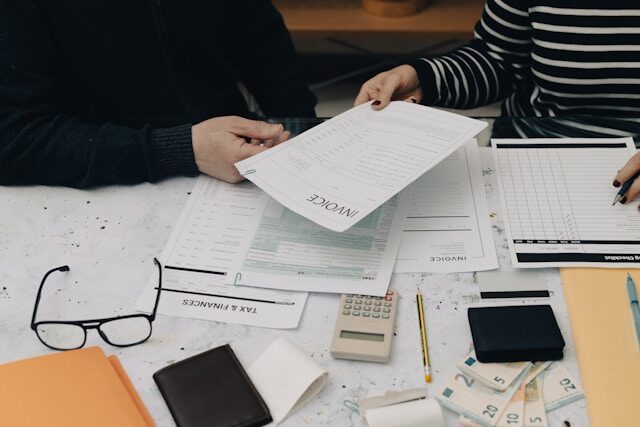What is self-invoicing and who does it apply to?
Self-invoicing is a fairly rare way of invoicing. See when you can issue invoices in this way and what you need to do it. Find out how to combine self-invoicing with KSeF and when the tax obligation arises.
Self-invoicing – definition
Business transactions are usually documented by invoices. Most often, it is the seller who issues an invoice for the goods sold or the service performed. There is an exception to this rule. It is self-billing, which includes issuing invoices, as well as corrections and duplicate invoices.
In the self-invoicing process, the obligation to issue an invoice is transferred from the seller to the buyer of the goods or services. In order to use this method of settling accounts with a contractor, you must meet the conditions set out in the provisions of the VAT Act.
When does the buyer issue an invoice?
The Value Added Tax Act contains regulations on self-invoicing. They can be found in Article 106d(1) of the VAT Act.
It says that self-invoicing can be used in the case of any supplies and services in Polish, European Union countries, third countries, as well as in the case of issuing advance payments. In the case of self-invoicing, the content of invoices is the same as in the case of invoicing by the seller, the only difference, resulting from the provision of 106e(1)(17) of the VAT Act, is the need to include the word “self-invoicing” on the invoice – this also applies to the issuance of corrections and duplicates of invoices.
Do I need a contract for self-billing?
The use of the self-invoicing mode is possible only if there is an agreement between the seller and the buyer, specifying the conditions for issuing sales invoices by the buyer, which will be concluded before the first invoice is issued under the self-invoicing procedure.
The legislator did not specify the individual components of such an agreement. The regulations only state that it should include a procedure for approving individual invoices by the entity supplying goods or providing services that are subject to self-invoicing.
This means that entrepreneurs signing such an agreement have a lot of freedom in determining the method of approving invoices. It can be a receipt protocol, an invoice signature, an e-mail, a phone call, or even a tacit acceptance of issued VAT invoices. You just have to remember that this method must be in accordance with the rules written in the contract.
Self-invoicing and invoicing in the KSeF
In the case of self-invoicing, you can use the National e-Invoicing System. The regulations introducing the mandatory KSeF do not change the rules for invoices issued under self-billing. However, in order for the buyer to issue invoices using the KSeF, the taxpayer who wants to issue invoices in this way must complete certain formalities.
It is not enough for the parties to sign a self-invoicing agreement. It is also necessary to grant authorizations in the KSeF to issue sales invoices. In this case, the seller must issue a personal authorization of the buyer to issue invoices on his behalf. Importantly, the authorization in the KSeF cannot be issued for the benefit of the taxpayer, but must relate to a specific person. The Seller will have access to all invoices issued on its behalf by the Buyer.





